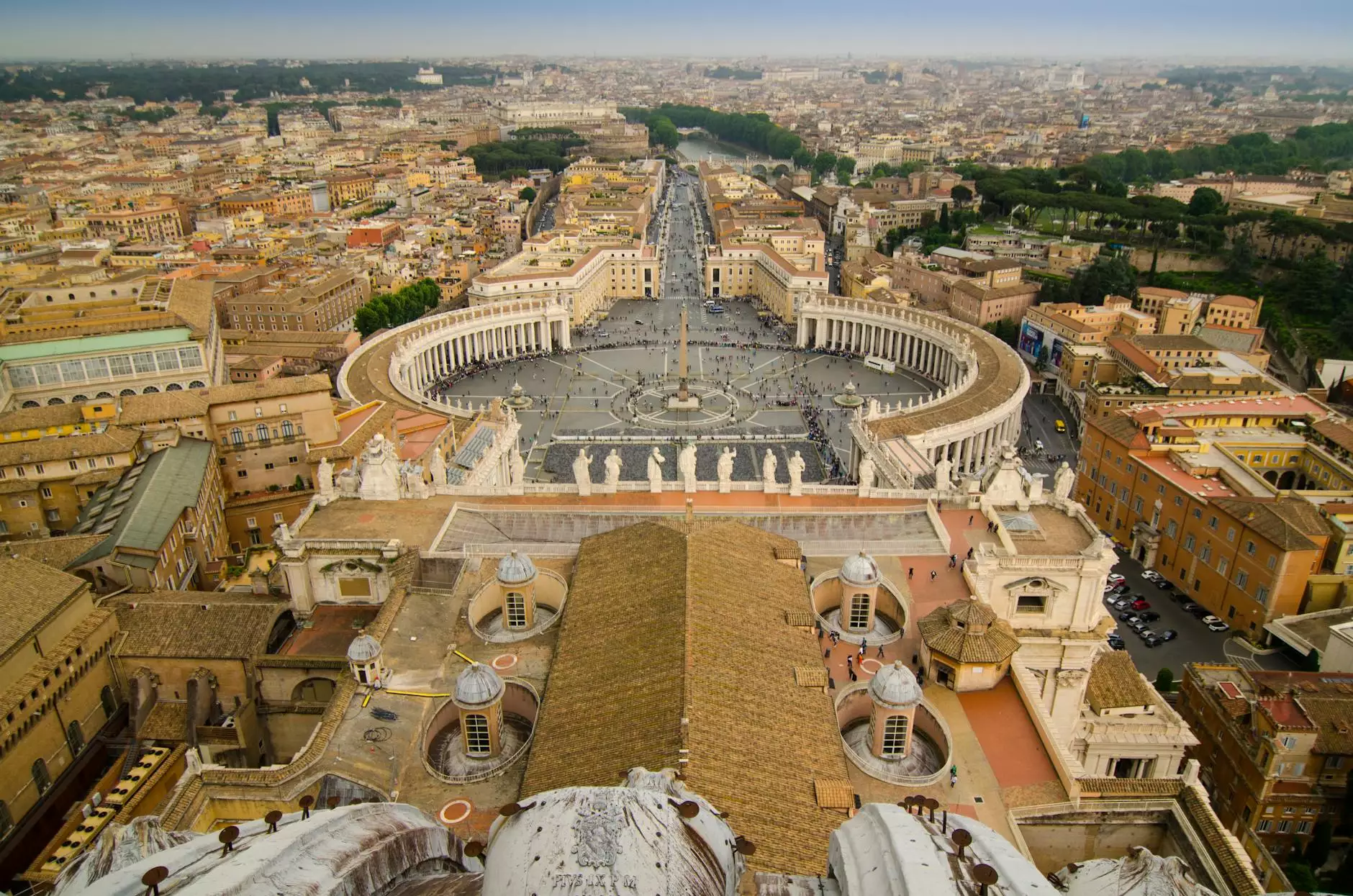The Impact of Local Black Churches in Community Development

Local black churches have long been recognized as pivotal institutions within their communities, offering not just spiritual guidance, but also resources and support for numerous social issues. This article delves into the multifaceted role these churches play, highlighting their contributions to religious life, community service, and non-profit activities.
The Historical Significance of Black Churches
For centuries, local black churches have served as more than just places of worship. They have acted as centers of learning, social interaction, and community mobilization. The historical roots of these institutions can be traced back to the early days of African American life in the United States.
- Underground Railroad: Many churches were instrumental in the Underground Railroad, providing shelter and guidance to those seeking freedom.
- Civil Rights Movement: These congregations often became the heart of the Civil Rights Movement, hosting meetings, rallies, and providing a platform for leaders such as Martin Luther King Jr.
- Community Support: Throughout history, black churches have consistently been at the forefront of advocating for better living conditions, education, and social justice.
Modern-Day Contributions of Local Black Churches
In today's society, local black churches continue to be vital players in community life. Their ability to adapt to contemporary challenges keeps them relevant and impactful. Here are some key areas where they are making a difference:
1. Religious and Spiritual Guidance
The primary purpose of any church is to provide spiritual nourishment. Local black churches offer a unique blend of worship that resonates culturally and spiritually with their congregants. This includes:
- Dynamic Worship Experiences: Through music, praise, and prayer, churches create an environment where individuals can connect with their faith.
- Educational Programs: Sunday schools, Bible studies, and workshops on theology help in deepening the understanding of faith.
- Counseling Services: Pastoral care often extends to counseling those in need during difficult times.
2. Community Service Initiatives
Local black churches are often at the helm of community service initiatives. These programs not only support those in need but also strengthen community bonds. Some significant efforts include:
- Food Banks and Pantries: Many churches operate food assistance programs that cater to local families facing food insecurity.
- Healthcare Clinics: Some churches have partnered with local healthcare providers to offer free or low-cost health services, screenings, and wellness programs.
- Youth Outreach Programs: These programs engage young people through mentorship, educational assistance, and recreational activities.
3. Advocacy and Social Justice
Local black churches often become advocates for social justice, leveraging their platform to address societal issues. This can take form in:
- Voter Registration Drives: Churches play a significant role in mobilizing their congregants to register and participate in elections.
- Community Forums: Hosting discussions on pressing social issues like police brutality, education reform, and housing rights.
- Collaboration with Non-Profits: Many churches partner with non-profit organizations to amplify their impact on various social issues.
The Role of Technology in Modern Ministry
As society evolves, local black churches are increasingly embracing technology to reach and engage their communities more effectively. This includes:
- Online Worship Services: Many churches now offer live-streaming options for their services, enabling participation from those unable to attend in person.
- Social Media Engagement: Utilizing platforms like Facebook, Instagram, and Twitter to connect with congregants and share resources.
- Mobile Applications: Some churches have developed apps to provide easy access to sermons, announcements, and donation platforms.
Building Community through Local Black Churches
Local black churches are often the backbone of their communities, fostering a sense of belonging and inclusivity. They create environments where:
- Cultural Identity is Celebrated: Worship styles, music, and events often reflect the rich cultural heritage of the community.
- Support Networks Form: People find social support and accountability through small groups, prayer circles, and communal events.
- Leadership Development Occurs: Many churches invest in training future leaders from within their congregations, promoting growth and sustainability.
Challenges Faced by Local Black Churches
Despite their many contributions, local black churches face several challenges that can hinder their effectiveness:
- Declining Membership: Like many religious organizations, some local black churches experience a decrease in attendance.
- Funding Issues: Financial support can fluctuate, impacting the ability to provide services and maintain facilities.
- Relevance to Younger Generations: Engaging younger congregants in a meaningful way remains a challenge for many churches.
The Future of Local Black Churches
The future of local black churches depends on their ability to adapt and innovate while staying true to their mission. To thrive, these institutions must focus on:
- Community Engagement: Actively listening to and addressing the needs of the community they serve.
- Embracing Diversity: Being inclusive and welcoming people from all backgrounds regardless of race, ethnicity, or socio-economic status.
- Fostering Inter-Generational Relationships: Creating opportunities for mentorship and connection between older and younger congregants.
Conclusion
In conclusion, local black churches play an indelible role in the fabric of their communities. Through their dedication to spiritual growth, community service, and social justice advocacy, they continue to uplift and empower countless individuals. As these institutions evolve and adapt to the changing societal landscape, their impact will undoubtedly remain significant. It is essential for community members to support these churches, recognizing the crucial contributions they make in building stronger, more resilient communities.









